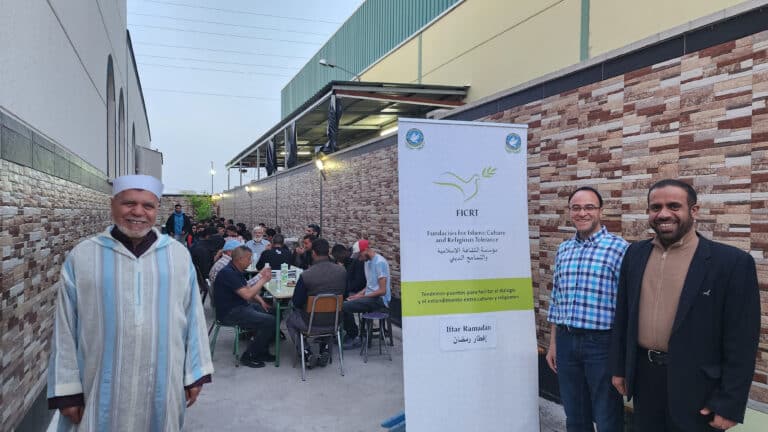In 1995, UNESCO member countries adopted the Declaration of Principles on Tolerance. That same year was proclaimed by the United Nations General Assembly as the Year for Tolerance and, taking advantage of the 125th anniversary of Gandhi’s birth, December 16 was declared the International Day for Tolerance.
The
Declaration of Principles on Tolerance
makes clear, in its Article 1, the meaning it attributes to the word tolerance. Thus, in point 1.1 of the same, it is stated textually:
” Tolerance is about respect, acceptance and appreciation of the rich diversity of our world’s cultures, our forms of expression and ways of being human. It promotes knowledge, openness, communication and freedom of thought, conscience and religion (…). It is not only a moral duty, but also a political and legal requirement“..
Point 1.2 attempts to further clarify the real meaning of this word which, depending on the language concerned, may have connotations that are far removed from the meaning that UNESCO wishes to emphasize:
“Tolerance is not the same as concession, condescension or indulgence. Above all, tolerance is an active attitude of recognition of the universal human rights and fundamental freedoms of others. In no case can it be used to justify the violation of these fundamental values. Tolerance must be practiced by individuals, groups and states”..
In its sixth and final article, the Declaration establishes the need to create an International Day for Tolerance:
“In order to appeal to public opinion, to highlight the dangers of intolerance and to reaffirm our support and action for the promotion of tolerance and education for tolerance, we solemnly proclaim the International Day for Tolerance. on November 16 of each year”..
This proposal was taken up by
United Nations
The United Nations General Assembly, in its resolution 51/95, invited member states to celebrate the International Day for Tolerance on November 16.
Tolerance Award
In addition, the
UNESCO
established in 1995 the UNESCO Prize for the Promotion of Tolerance and Non-Violence.
UNESCO-Madanjeet Singh Prize
of Promotion of Tolerance and Non-Violence. This award was instituted on the occasion of the United Nations Year for Tolerance and the 125th anniversary of Gandhi‘s birth.
The award is named after Madanjeet Singh, a former UNESCO Goodwill Ambassador, artist, writer and diplomat, who became a benefactor of the award through his generous donation.
It is endowed with US$100,000 and its purpose is to reward women, men, institutions, entities and non-governmental organizations that have made exceptional contributions and demonstrated leadership in the promotion of tolerance and non-violence.
All governments of UNESCO member states are invited to nominate a maximum of two candidates for the award.
The prize is awarded every two years, coinciding with the International Day for Tolerance.







